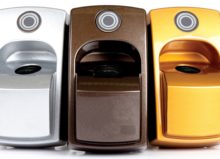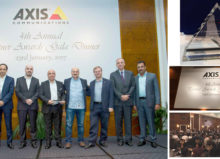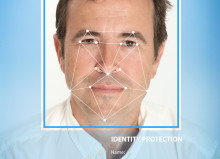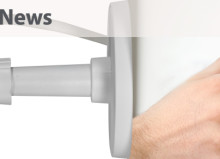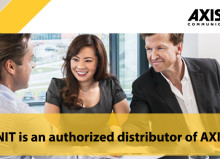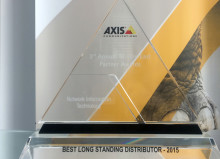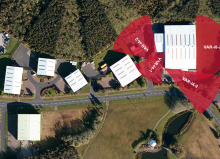Value Added Tax FAQs (UAE)

1. What is Value Added Tax?
Value Added Tax (or VAT) is an indirect tax. It is imposed on supplies of goods and services that are bought and sold.
VAT is one of the most common types of consumption tax found around the world. Over 150 countries have implemented VAT (or its equivalent, Goods and Services Tax), including all 29 European Union (EU) members, Canada, New Zealand, Australia, Singapore and Malaysia.
VAT is charged at each step of the ‘supply chain’. Ultimate consumers generally bear the VAT cost while Businesses collect and account for the tax, in a way acting as a tax collector on behalf of the government.
2. When will VAT come into effect and at what rates?
VAT will be introduced across the UAE from 1st January 2018 at a standard rate of 5%.
3. How will VAT apply to our products and services?
VAT will apply to all of our products and services at a standard rate of 5%.
VAT, as a general consumption tax, will apply to the majority of transactions of goods and services unless specifically exempted or excepted by law.
4. Is it compulsory to register for VAT?
A business must register for VAT if their taxable supplies and imports exceed the mandatory registration threshold of AED 375,000.
Furthermore, a business may choose to register for VAT voluntarily if their supplies and imports are less than the mandatory registration threshold, but exceed the voluntary registration threshold of AED 187,500.
Similarly, a business may register voluntarily if their expenses exceed the voluntary registration threshold. This latter opportunity to register voluntarily is designed to enable start-up businesses with no turnover to register for VAT.
5. Is it compulsory to pay VAT?
VAT-registered businesses generally:
– must charge VAT on taxable goods or services they supply;
– may reclaim any VAT they’ve paid on business-related goods or services;
– keep a range of business records which will allow the government to check that they have got things right
If you’re a VAT-registered business you must report the amount of VAT you’ve charged and the amount of VAT you’ve paid to the government on a regular basis. It will be a formal submission and it is likely that the reporting will be made online.
If you’ve charged more VAT than you’ve paid, you have to pay the difference to the government. If you’ve paid more VAT than you’ve charged, you can generally reclaim the difference.
6. How can you provide NIT with your Tax Registration Number (TRN)?
You can share your Tax Registration Certificate and Trade License Copy to: VATUAE@ingrammicro.com
7. Where can you find NIT’s Tax Registration Number (TRN)?
NIT is registered as a group member for VAT purpose. You can find Group Tax Registration certificate on the following link and use the Group Tax Registration Number (TRN) on all documents pertaining to NIT: https://nit.ae/TRN
8. Will NIT charge VAT on it’s invoices?
If NIT Invoices to an entity in UAE other than the Designated Zones (OR) Ships products to an entity in UAE other than the Designated Zones, NIT’s invoices will have VAT at a standard rate of 5%.
9. If you have any questions / queries?
In case you have any further questions or queries, you can reach out to your respective sales coordinator from NIT who will coordinate the responses to your queries from the tax team.















